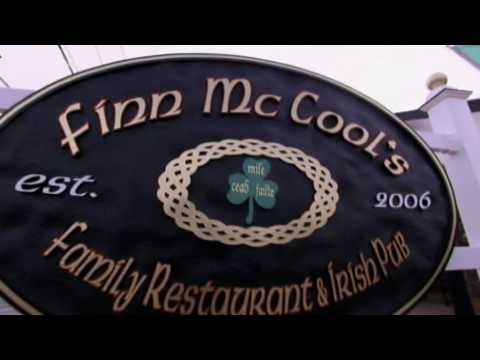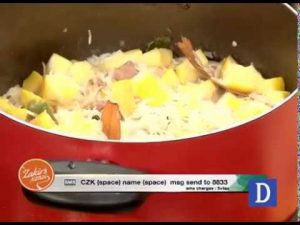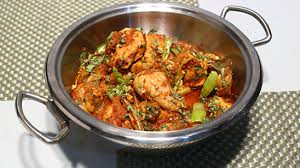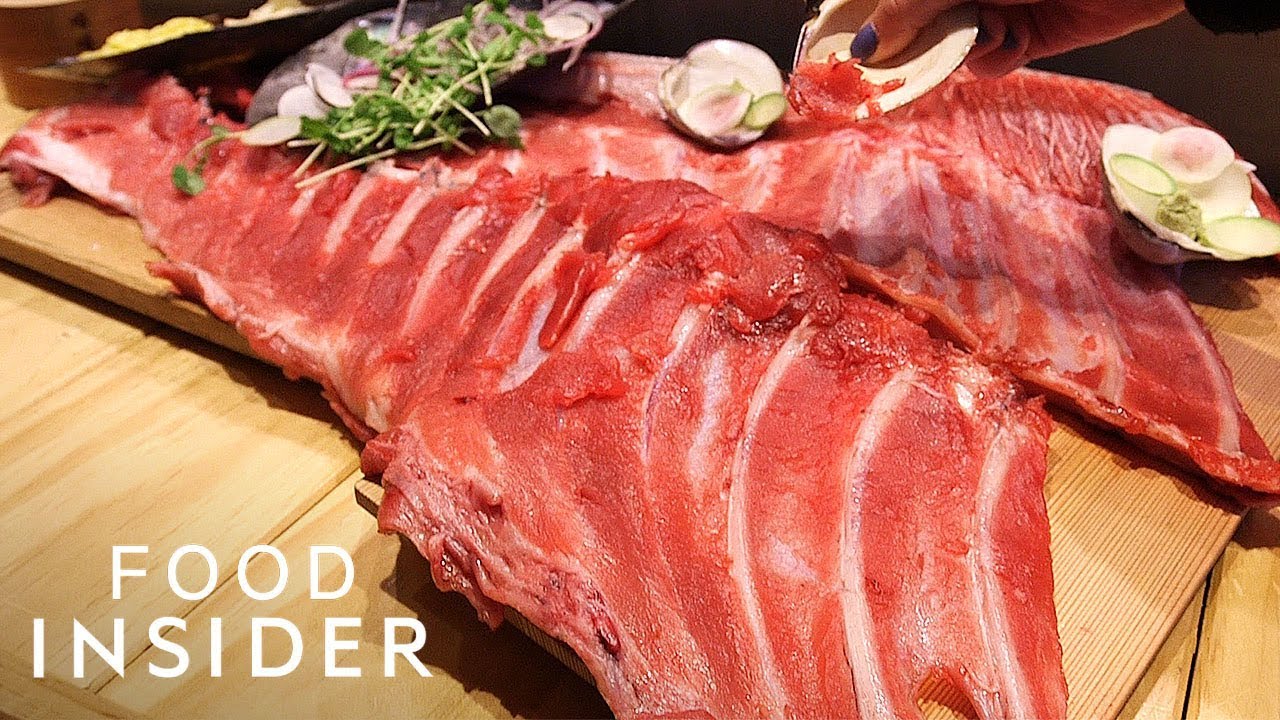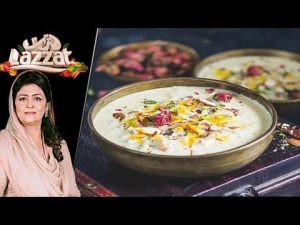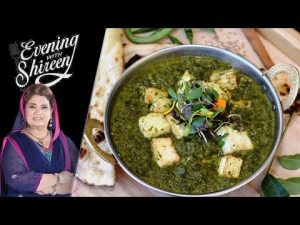Introduction:
Becoming a baker or pastry chef is an exciting and fulfilling career choice for those who have a passion for creating delicious baked goods and desserts. Whether you dream of owning your own bakery or working in a renowned pastry kitchen, this comprehensive guide will provide you with the necessary steps to embark on this culinary journey. From acquiring the right education and skills to gaining practical experience and honing your creativity, let’s delve into the world of becoming a baker or pastry chef.
Table of Contents:
- Understanding the Role of a Baker and Pastry Chef
- Developing the Required Skills and Qualifications
- Pursuing Formal Education and Training
- Gaining Practical Experience
- Specializing in Baking or Pastry
- Building a Professional Network
- Nurturing Creativity and Developing Signature Recipes
- Opening Your Own Bakery or Advancing in Your Career
- Staying Updated with Industry Trends and Techniques
- Embracing Continuous Learning and Improvement
- Understanding the Role of a Baker and Pastry Chef: Before embarking on your journey, it’s important to understand the distinct roles of a baker and pastry chef. A baker focuses on producing bread, pastries, and other baked goods, often in large quantities. On the other hand, a pastry chef specializes in creating desserts, cakes, and confections with a higher level of intricacy and artistic presentation. Knowing the differences will help you determine your career path and set clear goals.
- Developing the Required Skills and Qualifications: Becoming a successful baker or pastry chef requires a range of skills beyond a love for baking. Some essential skills include:
-
Attention to detail:
Precision is crucial in baking and pastry, as small variations can significantly impact the final product.
-
Manual dexterity:
The ability to handle delicate ingredients and master intricate techniques is essential.
-
Time management:
The kitchen can be a fast-paced environment, so effective time management is necessary to meet deadlines and deliver high-quality products.
-
Creativity:
Developing unique and visually appealing baked goods requires creativity and a keen eye for design.
-
Problem-solving:
Being able to troubleshoot issues and adjust recipes or techniques when faced with challenges is vital.
-
Pursuing Formal Education and Training:
While formal education is not mandatory, it can greatly enhance your career prospects. Consider enrolling in a culinary school or a pastry program that offers comprehensive training in baking techniques, food safety, nutrition, and pastry arts. Research reputable institutions and select a program that aligns with your goals, ensuring it provides hands-on experience and opportunities for internships.
-
Gaining Practical Experience:
Hands-on experience is invaluable in the culinary world. Seek out opportunities to work in commercial kitchens, bakeries, or patisseries, even if it’s in entry-level positions. This will give you practical exposure to the demands of the industry and help you refine your skills. Look for apprenticeships, part-time jobs, or internships to gain real-world experience and learn from experienced professionals.
-
Specializing in Baking or Pastry:
As you progress in your career, consider specializing in either baking or pastry. Specialization allows you to focus your skills and develop a niche expertise. Determine which aspect appeals to you more and seek additional training or apprenticeships in that area. This specialization can be helpful when applying for specific positions or starting your own bakery.
-
Building a Professional Network:
Networking plays a crucial role in any industry, and the culinary field is no exception. Attend industry events, join professional organizations, and connect with fellow bakers and pastry chefs. Engaging with like-minded individuals can provide valuable opportunities for mentorship, collaboration, and job prospects.



